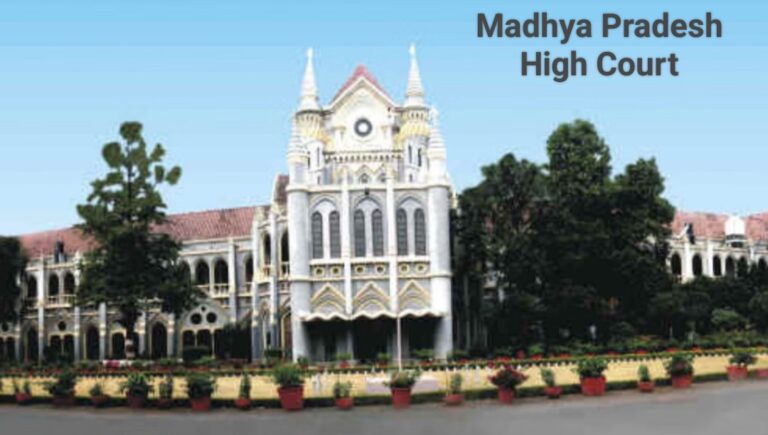The GST Act, 2017 is a special legislation that holistically deals with procedures, penalties, and offences relating to GST. Authorities cannot bypass these procedures and invoke the IPC
In a significant ruling, the Madhya Pradesh High Court has held that GST authorities are not authorized to invoke provisions of the Indian Penal Code (IPC) when the offence in question falls within the ambit of the GST Act, 2017. The judgment came in the case Deepak Singhal v. Union of India and Others, where the court quashed criminal proceedings initiated under IPC against a businessman.
A bench comprising Justices SA Dharmadhikari and DV Ramana ruled that the GST Act, 2017, is a special law that specifically outlines procedures, penalties, and offences related to Goods and Services Tax (GST). The court emphasized that GST authorities must follow the legal processes stipulated in the GST Act and cannot resort to IPC provisions for prosecution. The court added, “The GST Act, 2017 is a special legislation that holistically deals with procedures, penalties, and offences relating to GST. Authorities cannot bypass these procedures and invoke the IPC.”
The judgment also highlighted that if GST authorities were to delegate the enforcement of GST-related offences to local police under IPC provisions, it would undermine the integrity of the GST Act. The court’s decision came in response to a petition seeking to quash criminal proceedings based on IPC provisions, which had been initiated against the petitioner for allegedly running a bogus firm that issued fake invoices without supplying goods or services.
The petitioner argued that the GST authorities had bypassed the procedural safeguards outlined in the GST Act, particularly Section 132(6), which requires the approval of the GST Commissioner before launching a prosecution. By directly invoking IPC provisions, the authorities overlooked these legal requirements.
The respondent’s counsel, however, contended that offences under the GST Act and the IPC are distinct, and there is no restriction on registering an IPC offence on a complaint filed by the GST authorities.
Despite this argument, the court ruled that the allegations against the petitioner clearly fell under Section 132 of the GST Act, which deals with offences such as issuing invoices without actual supply of goods or services. Furthermore, the court noted that no sanction was obtained from the GST Commissioner, as mandated by Section 132(6), prior to filing the FIR.
As a result, the Madhya Pradesh High Court quashed the criminal proceedings initiated under IPC provisions against the petitioner.
Advocate Shashwat Seth represented the petitioner, while Deputy Advocate General Sudeep Bhargava appeared for the Central government.
This ruling reinforces the importance of following specific legal frameworks set by special legislations like the GST Act and prevents the unnecessary invocation of the Indian Penal Code in matters that are clearly governed by the GST law.
READ MORE
Clarification on Advertising Services Provided to Foreign Clients: Circular No. 230/24/2024-GST
